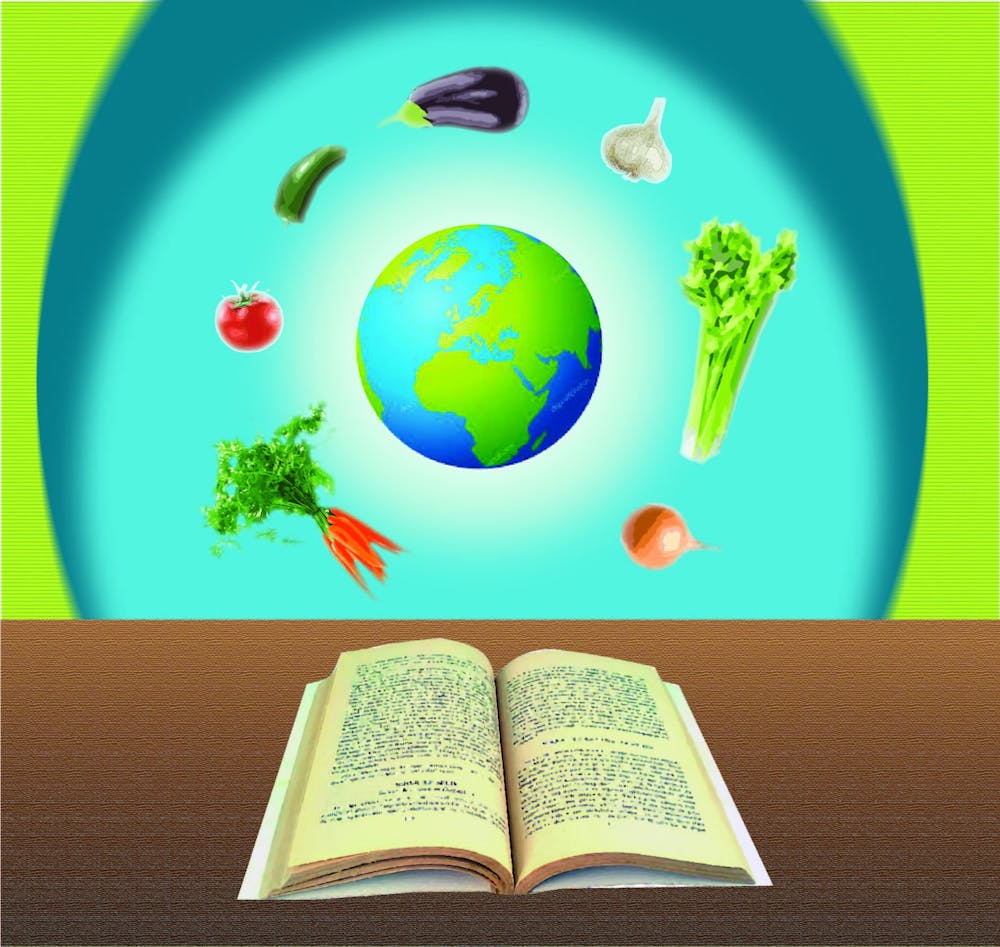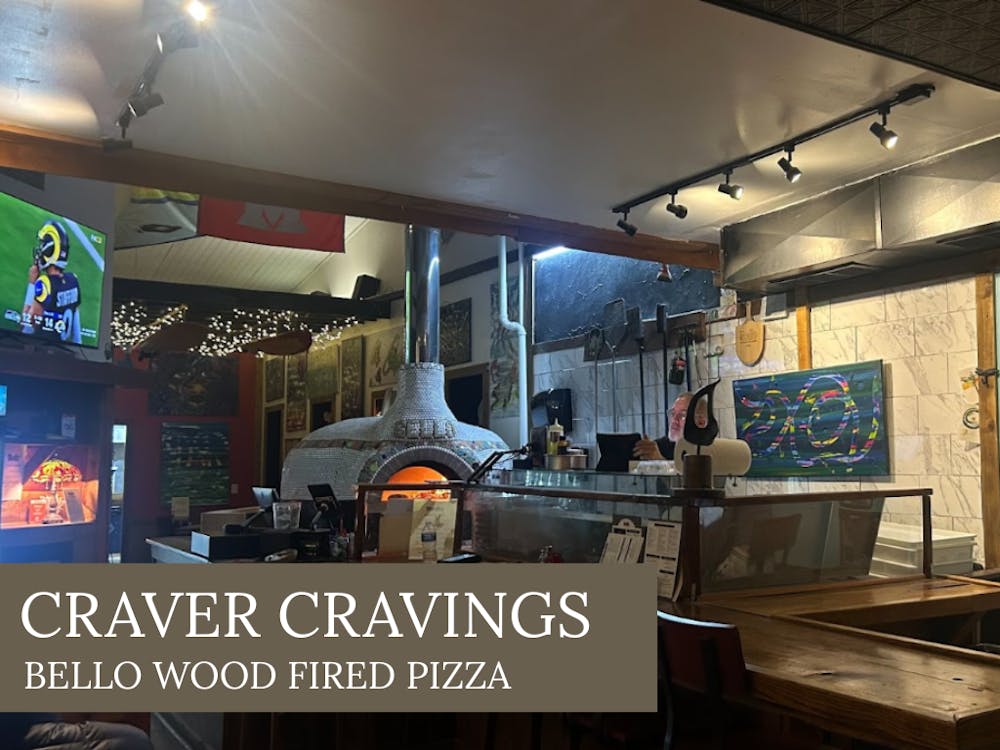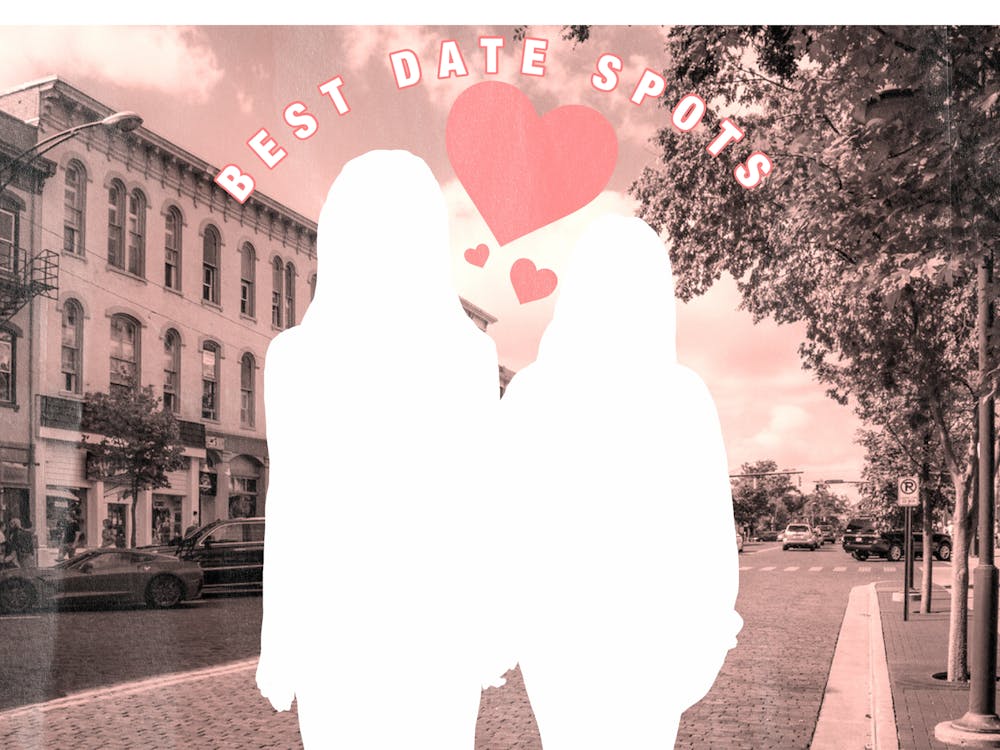After finishing the assigned reading for my literary capstone, instead of just writing a discussion post or a paper, I roll up my sleeves and head to the kitchen.
So far, I’ve made West African peanut stew, inspired by “High on the Hog: A Culinary Journey from African to America” by Jessica B. Harris, and picadillo and arroz con leche from Laura Esquivel’s “Like Water for Chocolate.”
Cooking isn’t an individual activity — the entire ENG 495 class gathers together on Zoom as we follow Dr. Anita Mannur’s engaging cook-alongs. We do research on key ingredients and discuss their surprisingly complex history into how they became a staple in certain cultures.
While I don’t consider myself a foodie, I am obsessed with eating and how we eat because it all means something more than just consuming. Last year, I wrote an article about food as a love language, and this class not only encapsulates similar sentiments in regards to how a meal is never just food, but it also expands on them in a thorough and critical manner.
Sometimes our class discussions are about our personal histories with food and what it means to us. For me, food has always been a way my family has shown their love for me without saying it, but listening to my classmates talk about their own relationship to food has opened my eyes to different ways of viewing it. And this is especially helpful when it comes to reading books and articles for class.
As much as I want to say food is love and love is food, I need to reorient myself when it comes to different texts.
For “High on the Hog” and the West African peanut stew, I had to think about the evolution of food and food in the diasporic African community during the Atlantic Slave Trade. How did the Colombian Exchange affect pan-African cuisine? How did enslaved cooks in the United States shape the diets of the entire southern population? How did certain foods become stereotypical hallmarks in the Black community today?
For “Like Water for Chocolate” and the two dishes we made, I thought about the heritage of food. Passing down traditions and recipes so that someone can remember us. And even once we’re gone, we can still live through those traditions and recipes because it’s what we leave behind, what we use to nourish, that truly matters.
And even though we didn’t cook anything for our first book “My Year of Meats” by Ruth Ozeki – even though we discussed tempting fate by trying the Coca-Cola rump roast – the conversations we had about the meat industry and what it means to be “American” still stick with me when I’m sitting in a Taco Bell drive-thru or eating poke and manapua with my mom.
I am so happy I am able to take a class where I am able to learn and talk about something I love so much. And it is even better to know that everyone, students and the professor alike, is also just as passionate about the course.
There is something so special about food and eating, beyond it being a source of sustaining us. We eat and eat and eat, but thinking about what we’re eating and how we’re eating has helped me understand not only the culture but myself as well.
And while I hate to bring up COVID-19, being able to cook with my entire class, even via Zoom, has eased the burden of isolation.
Enjoy what you're reading?
Signup for our newsletter
This class has not only made me analyze food and its history, but it has also reminded me of the best part of eating: the joy of being able to enjoy it with others.




